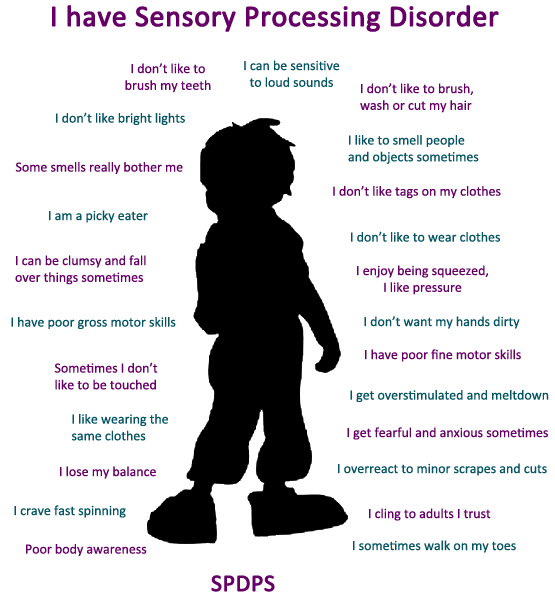

How Is Auditory Processing Disorder Diagnosed?ĭiagnosis involves a multi-disciplinary team – a psychologist can determine a cognitive profile, a teacher or special education team can determine the academic impact, an occupational therapist can look at auditory sensitivity and other sensory processing challenges, and a speech and language pathologist will assess written/oral speech and language processing. When seeking a diagnosis, it is important to identify other symptoms that may be part of the above neurodevelopmental disorders, and rule such possibilities in or out. It is important to rule out the above developmental disorders and mention health disorders before identifying a true APD. Attention Deficit Hyperactivity Disorder, Sensory Processing Disorder, Autism Spectrum Disorder, and even some anxiety/depression symptoms may co-exist or mask APD. There are many other neurodevelopmental disorders that have similar presentations as Auditory Processing Disorder. Medical professionals have linked some cases of APD to illnesses such as chronic ear infections, head injuries, lead poisoning, prematurity, low birth weight, or genetic causes. To date, there are no known causes of auditory processing disorder. What causes Auditory Processing Disorder? The impact of this type of breakdown can have a negative social impact, present as a behavioral challenge, and if left untreated, can even lead to learning delays, struggles with self-esteem and anxiety/depression.

Often, children with auditory processing difficulties function significantly better in a quiet, controlled environment. This difficulty is most noted in a loud complex environment, like a busy classroom, birthday party, sports event, restaurant or cafeteria, or even on the playground. It does not involve the comprehension of language.Ĭhildren with APD are thought to hear normally, but the breakdown is in how they distinguish the differences in sounds. Auditory Processing Disorder is not a learning disability or a loss of hearing. What is Auditory Processing Disorder?Īuditory Processing Disorder itself is a disruption in the brain/body connection – how the central nervous system processes auditory information (sound). Boys are more likely to be diagnosed than girls. It is noted that APD affects about 5% of school-aged children in the United States. Also known as Central Auditory Processing Disorder (CAPD), it is important to realize the clinical nature of this disorder and some its intricacies, as many of the symptoms can present themselves as a subset of several other more common childhood disorders. Over the past few years, there has been an increase in awareness and concern for Auditory Processing Disorder (APD) in children.


 0 kommentar(er)
0 kommentar(er)
